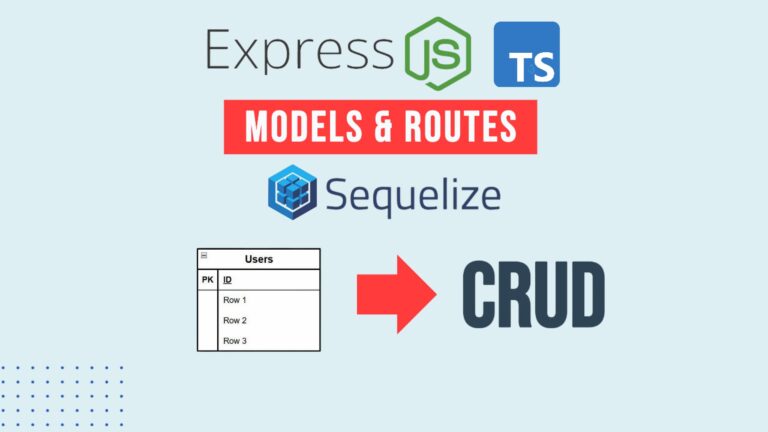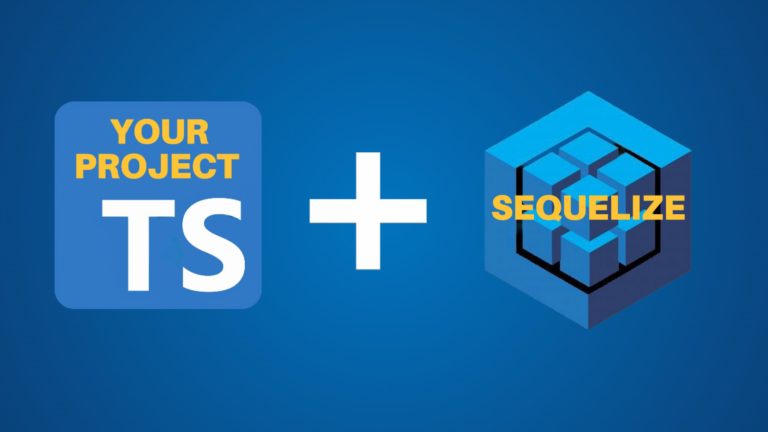Integrating Prisma ORM with Express.js for a Modern Database Setup
Want to supercharge your Express.js app with a modern, flexible database solution? In this guide, we’ll walk through integrating Prisma ORM into your Node.js project, making data handling seamless and efficient.
Setting Up Prisma in an Express.js App
We begin with a basic Node.js Express app that has routes for tasks and projects. To integrate Prisma, follow these steps:
1. Install and Initialize Prisma
First, install Prisma and initialize it with MySQL as the database provider:
npm install prisma --save-dev npx prisma init
This creates a prisma directory and a .env file where we configure the database connection.
2. Configure the Database Connection
In .env, set the DATABASE_URL to match your MySQL database. If using Docker, ensure your database container is running.
3. Define the Prisma Schema
Prisma generates a schema.prisma file. Modify it to define our models:
model Task {
id String @id @default(cuid())
user_id String @db.VarChar(36)
project_id String? @db.VarChar(36)
name String
description String?
due_date DateTime?
completed_on DateTime?
created_at DateTime @default(now())
updated_at DateTime @updatedAt
project Project? @relation(fields: [project_id], references: [id])
}
model Project {
id String @id @default(cuid())
user_id String @db.VarChar(36)
name String
description String?
created_at DateTime @default(now())
updated_at DateTime @updatedAt
tasks Task[]
}
4. Generate Prisma Client
After defining the schema, run:
npx prisma generate
This command generates the Prisma client, enabling interaction with the database.
🚀Boost your career with 👉 IBM Full Stack Software Developer Certificate
Applying Migrations
To apply changes to the database, create a migration:
npm run migration:create
Prisma generates an SQL migration file, which we can review before applying:
npm run migrate
Implementing Prisma in Controllers
Now, let’s use Prisma to handle database operations in our controllers.
1. Set Up Prisma Client
Create a new file prismaClient.ts:
import { PrismaClient } from "@prisma/client";
const prisma = new PrismaClient();
export default prisma;
2. Fetching Projects
Modify projectController.ts to retrieve projects:
import prisma from "../prismaClient";
export const listProjects = async (req, res, next) => {
try {
const projects = await prisma.project.findMany();
res.json(projects);
} catch (error) {
next(error);
}
};
3. Fetching Tasks
Similarly, update taskController.ts:
export const listTasks = async (req, res, next) => {
try {
const tasks = await prisma.task.findMany();
res.json(tasks);
} catch (error) {
next(error);
}
};
Testing and Debugging
Run npm run dev and test the API endpoints. If there’s no data, manually insert sample records into MySQL.
Conclusion
You now have a fully integrated Prisma ORM setup in your Express.js app, streamlining database interactions with a modern and efficient approach. In the next tutorial, we’ll cover automating test data seeding and implementing API authentication.




